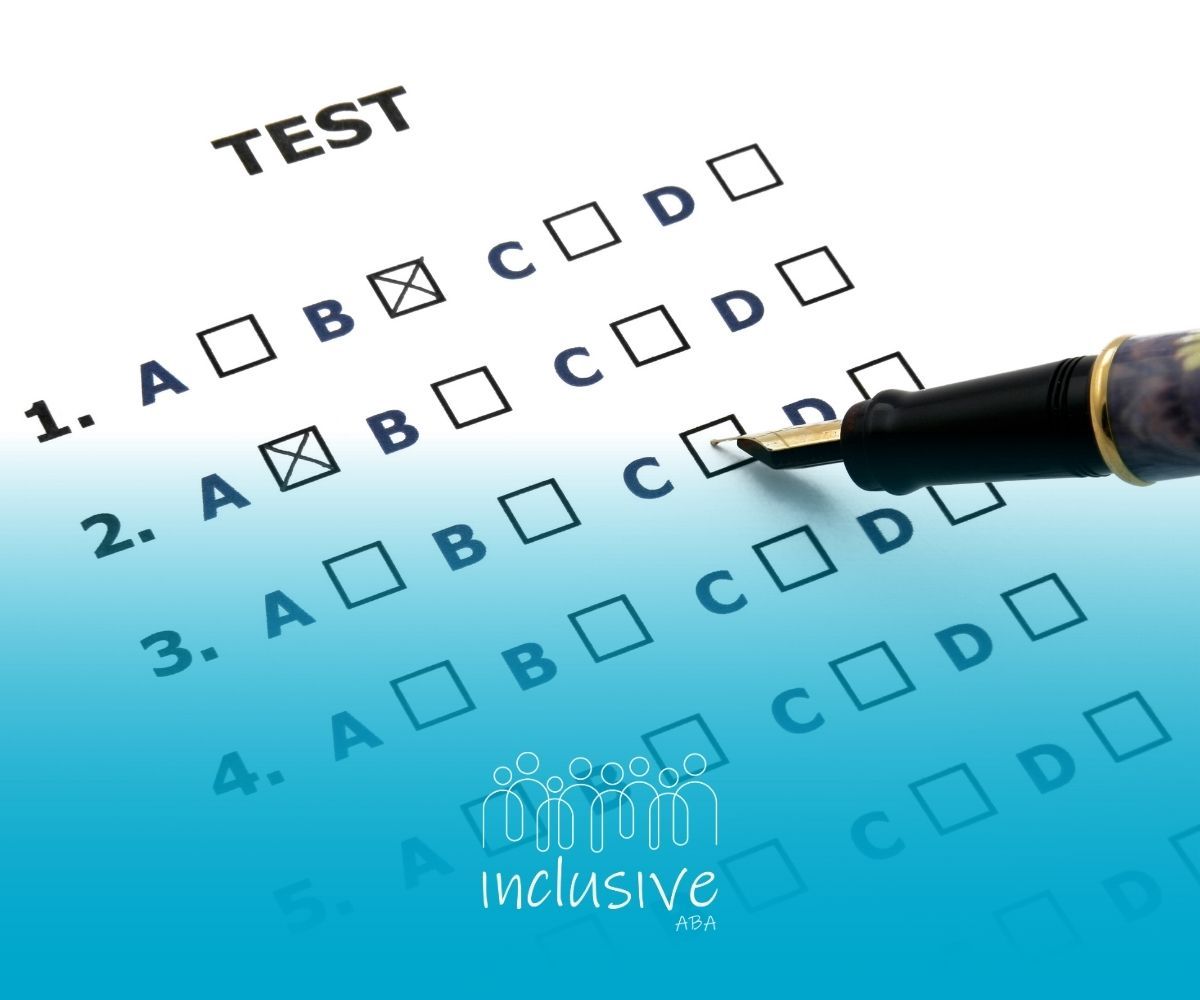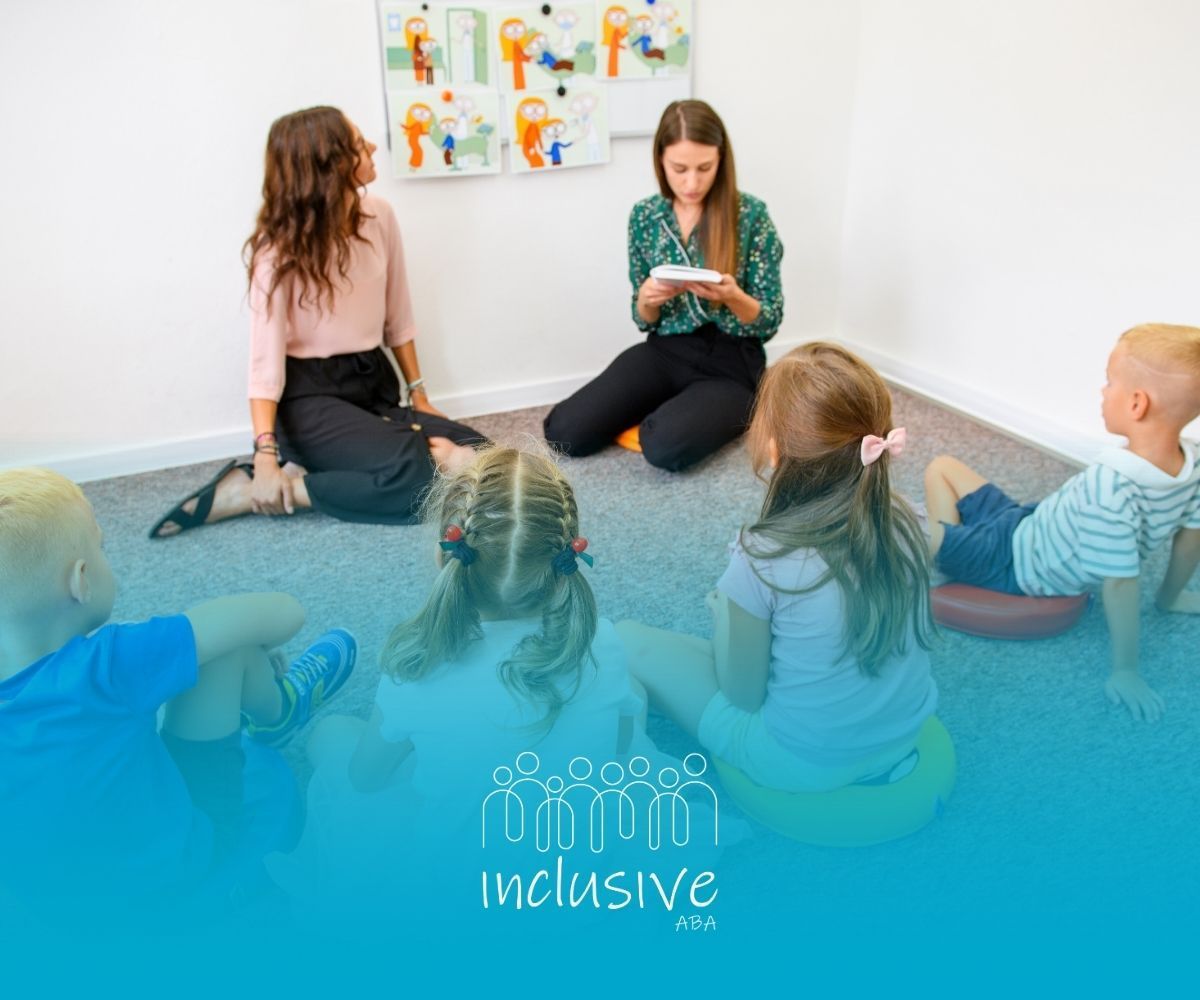Does ABA Therapy Count as Mental Health Services?
If you’re navigating autism services in Nevada, you’ve probably heard of ABA—Applied Behavior Analysis. But does it actually count as a mental health service?
The short answer is: yes, in many cases, it does.
ABA therapy focuses on understanding behavior and teaching new skills, often used to support individuals with autism.
While it may not look like traditional mental health therapy (like talk therapy), ABA is recognized as a clinical treatment. In fact, many insurance providers cover it under mental health benefits.
That’s because ABA addresses behavior and emotional regulation, which are closely tied to mental and emotional well-being.
So, Why the Confusion?
ABA is sometimes seen as educational or behavioral support rather than a mental health service. But it’s typically delivered by Board Certified Behavior Analysts (BCBAs), who use data-driven strategies grounded in psychology.
These services help individuals cope with challenges like anxiety, aggression, or difficulties with social interactions—definitely in the mental health realm.
It’s also worth noting that ABA therapy is often part of a broader mental health plan. Collaboration with psychologists, speech therapists, and occupational therapists is common.
So yes, ABA can and does fall under mental health care, depending on how it’s being used and who’s providing it.
Need Support That Understands the Whole Picture?
At Inclusive ABA, we offer compassionate, evidence-based ABA therapy designed to support not just behavior, but the whole individual.
Whether you're just starting your journey or looking for ongoing autism support, our team is here to help your child thrive.
Reach out today to learn more about our autism services tailored to your family’s needs.
Looking for Expert Help? We're Here for You!
Our compassionate and skilled team is devoted to enhancing your child's development through customized ABA therapy. Let us partner with you to create a supportive environment for your child's success.
Discover how we can help your family thrive with expert ABA therapy.
Related Posts







